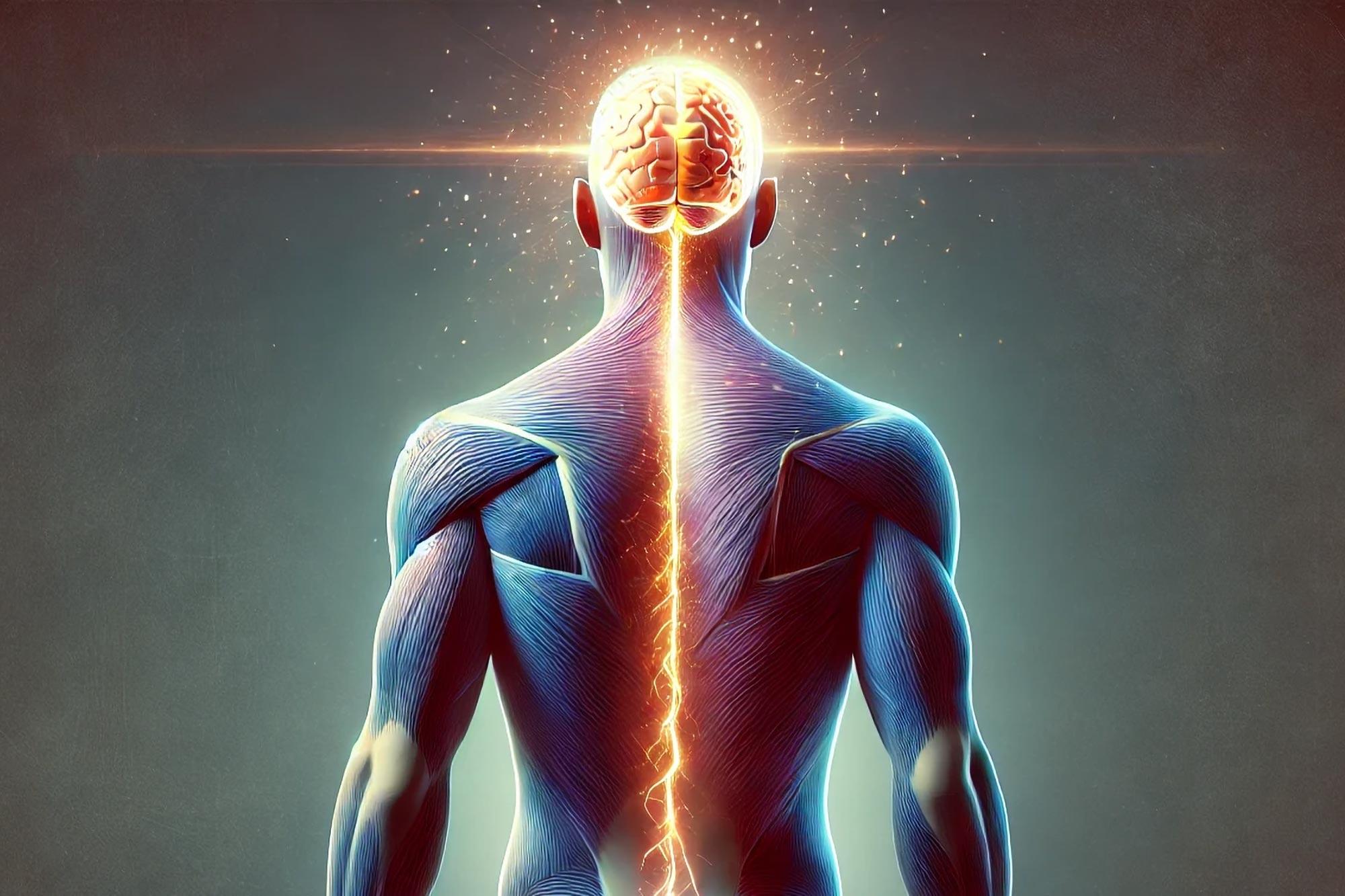Researchers at Washington University have discovered that brain inflammation can cause muscle dysfunction by releasing a protein that travels to the muscles, impairing their function. In experiments with fruit flies and mice, they found that this protein reduces energy production in muscle mitochondria. The research also identified possible ways to block this process, which could help treat or prevent muscle wasting in conditions like bacterial infections, Alzheimer’s, and long COVID. Credit: SciTechDaily
A study reveals that brain inflammation leads to the release of a protein that impairs muscle function, suggesting potential treatments for related muscle fatigue in diseases like 
Research from Washington University School of Medicine in St. Louis reveals how brain inflammation triggers extreme muscle weakness across several diseases, including viral infection, bacterial infection and Alzheimer’s disease. Shown are fruit fly muscles; the violet staining is a measure of how well mitochondria in muscle cells are producing energy. On the left is a healthy muscle, and on the right is a muscle exposed to IL-6, an immune-related molecule produced by the brain in response to infections or chronic disease. Credit: Shuo Yang
Impact of Disease Proteins on Muscle Performance
“Flies and mice that had COVID-associated proteins in the brain showed reduced motor function — the flies didn’t climb as well as they should have, and the mice didn’t run as well or as much as control mice,” Johnson said. “We saw similar effects on muscle function when the brain was exposed to bacterial-associated proteins and the Alzheimer’s protein amyloid beta. We also see evidence that this effect can become chronic. Even if an infection is cleared quickly, the reduced muscle performance remains many days longer in our experiments.”
Johnson, along with collaborators at the DOI: 10.1126/sciimmunol.adm7908
Funding: This work is supported by the National Institutes of Health (NIH), the National Key Research and Development Plan of China, the National Natural Science Foundation of China, the Shenzhen San-Ming Project for Prevention and Research on Vector-borne Disease, the New Cornerstone Science Foundation through the New Cornerstone Investigator Program, the Xplorer Prize from Tencent Foundation, the Natural Science Foundation of Heilongjiang Province, the Science Fund Program for Distinguished Young Scholars (Overseas), and the Shenzhen Bay Laboratory Startup Fund.













/https://tf-cmsv2-smithsonianmag-media.s3.amazonaws.com/filer_public/34/31/3431771d-41e2-4f97-aed2-c5f1df5295da/gettyimages-1441066266_web.jpg)






Discussion about this post